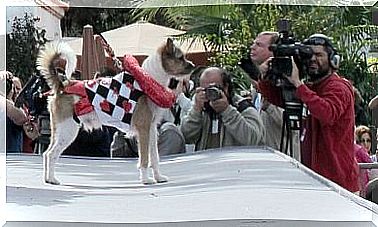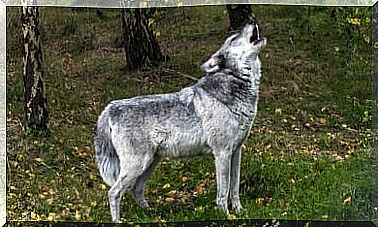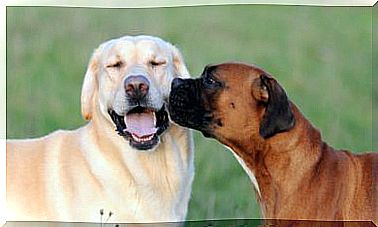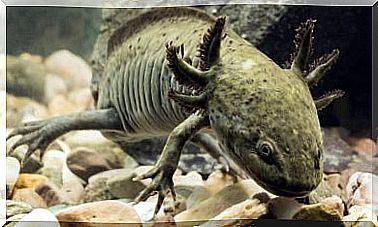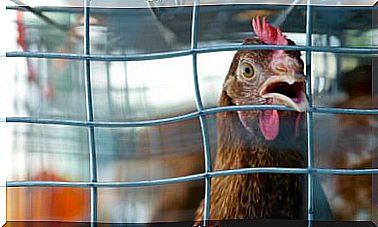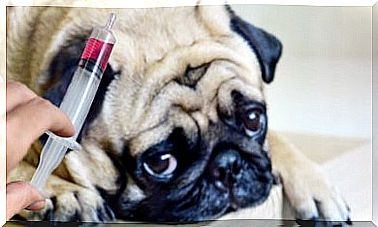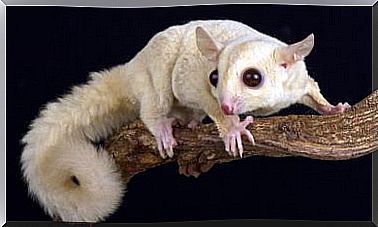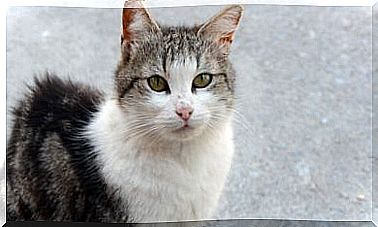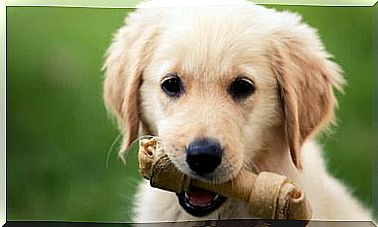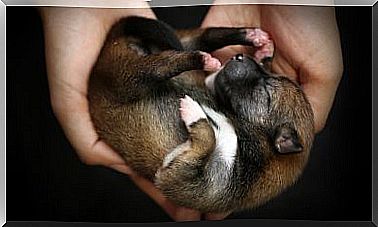What Should You Feed Your Horse?
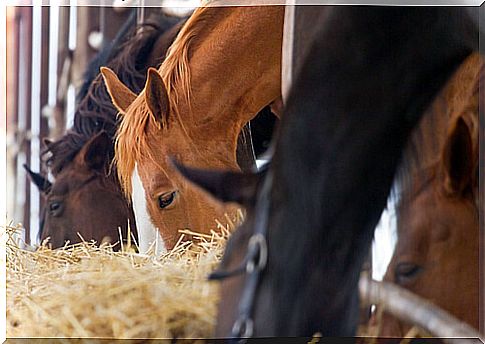
Your horse’s diet must offer the necessary nutrients so that the animal can reach its optimal development. Only in this way is it possible to preserve the equine’s state of health.
Beyond the possibility of doing business
Equines are much more than a monetary investment. His talent for assisting in the physical and intellectual development of children is recognized. Also in the recovery of motor and nerve injuries.
However, an animal is only able to perform its abilities correctly when its organism is balanced. Therefore, feeding your horse is the sine qua non condition to enjoy his company. In addition, you have to enjoy proposing the development of joint activities.
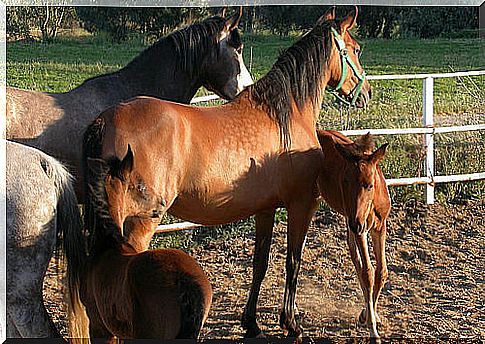
How to recognize a healthy and well fed horse?
A healthy horse in good health displays the noble bearing characteristic of its species. The shiny, straight coat culminates in a long and remarkable mane. The tall, strong legs lead up to a body of abundant and well-developed musculature.
They are sociable and should have a name. They are also curious, despite being wary of unfamiliar environments, people or animals. Their senses are heightened and they are attentive to the stimuli around them. Privileged hearing easily recognizes sounds, and ears turn sideways when noise intrigues them.
Unfortunately, horses are still seen in poor condition due to neglect and mistreatment or exploration of their workforce. Very thin horses, with dull, shallow hairs and skittish behavior, often present serious nutritional deficiencies.
Currently, it is possible to report anonymously. Anyone who physically or emotionally abuses an animal can be sanctioned and subjected to a legal process.
How to choose your horse’s diet?
“We are what we eat”: this golden rule of human nutrition is also valid for equines.
Each species has its own nutritional need and needs a specific diet. It’s about supplying your body properly and keeping it healthy.
Choosing the diet for your horse is more complicated than it seems. There are many products available in the market and the price or the name does not always guarantee the quality of the food. Not to mention that it is necessary to combine the ratio of nutrients. And this according to the needs of each animal.
For this reason, it is always advisable to seek professional help and periodically consult the vet. For example, before choosing or radically changing a horse’s diet.
Four fundamental tips to get your horse feeding right
-
Hydration first
Mammals need reinforced hydration to maintain good health. An adult horse usually ingests 18 to 35 liters of water per day. In summer, when the temperature rises considerably in the fields, the volume ingested daily can reach 60 liters.
That is why it is essential to leave fresh and clean water permanently available to the animal. The most recommended thing is that the water container is not exposed to the sun, but it is under shade in a clean environment.
-
Structural carbohydrates
Structural carbohydrates are the main source of energy for a horse’s body. As it is a ruminant, its digestive system requires a large amount of these nutrients to function properly.
A horse raised in the field usually grazes about 12 hours a day. That means eating between 6 and 9 kilos of grass and hay per day. Your horse’s diet should contain enough forage to compensate for the decrease in natural grazing.
The amount of hay to offer your horse daily is 1 to 2% of its body weight. It is also essential to ensure the maintenance of the hay, preventing the proliferation of fungi and bacteria.
-
Non-structural carbohydrates
The diet of an equine is classically associated with the administration of cereals such as oats, corn or barley. But in reality these non-essential carbohydrates must be offered very sparingly to the animal. Otherwise, they can cause gas and an upset stomach.
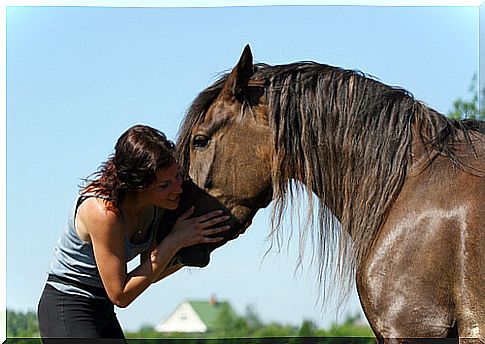
The recommended daily amount is 200 to 250 grams of non-structural carbohydrates for every 45 kilos of the animal.
-
Natural dietary supplements
Your horse’s diet should also be reinforced with fats, proteins, vitamins and minerals. The best option is to choose an enriched feed to complement your diet. The veterinarian will be able to indicate the quantity to be supplied and help in the decision of the best cost-benefit.
Consciously deciding how to feed your horse is an essential part of responsible ownership.
